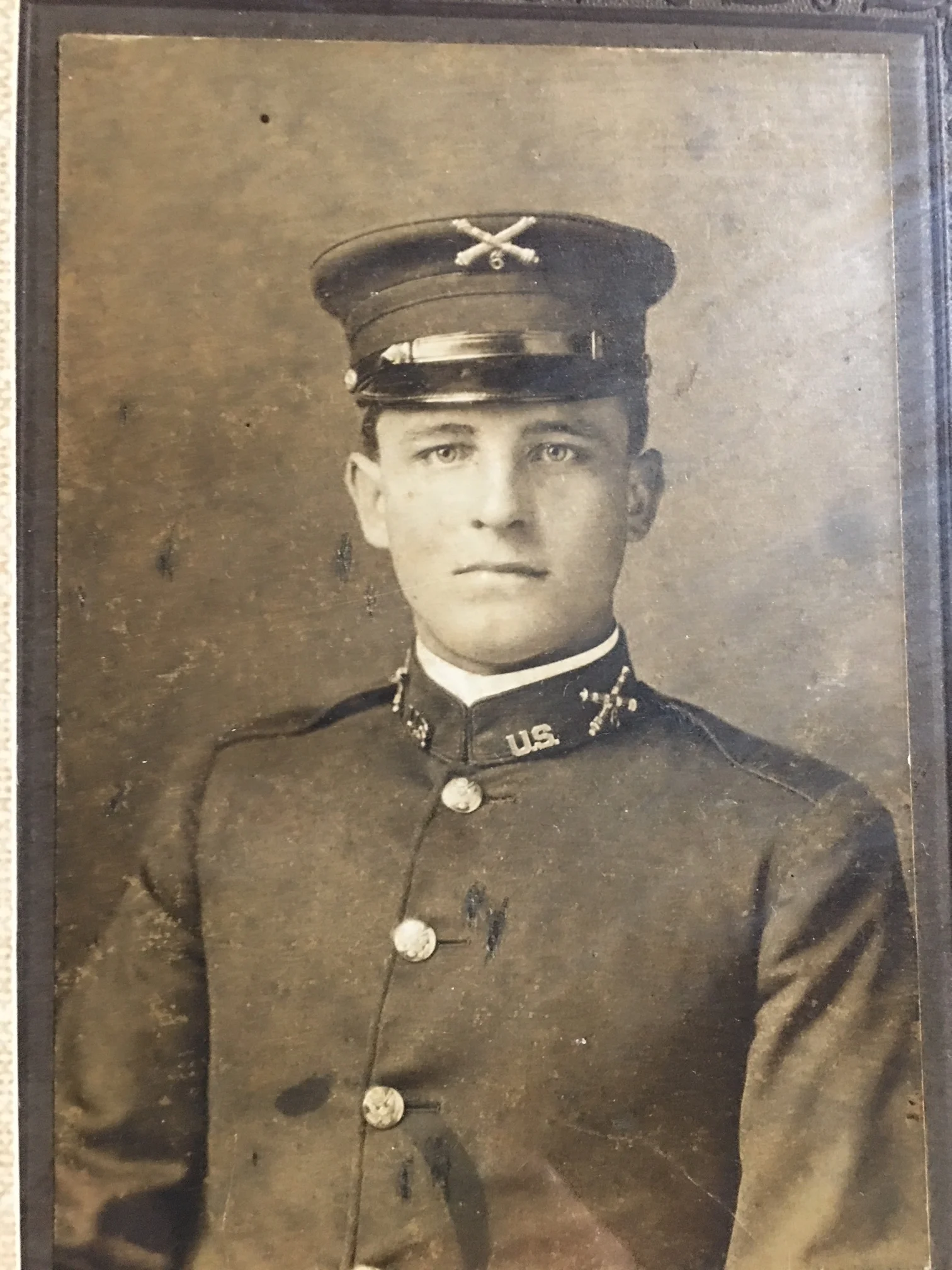Spiritual Practices Tony Jones
“We all might long for the spiritual direction that Adam received when he walked with God in the Garden…but we live east of Eden.”
Tony Jones, The Sacred Way
Tony Jones has compiled an easily readable compendium of spiritual practices that help us connect to God. The secret of the book is in the subtitle, Spiritual Practices for Everyday Life. We do not need to live in a monastery to practice these disciplines. Jones also brings in interesting notes about the history of how each practice began and developed. His book is first divided into contemplative practices such as silence, reading, the Jesus Prayer, centering prayer, meditation, Ignatian exercises, icons, spiritual direction, and the daily office. The second half of the book talks about active bodily spiritual practices such as the labyrinth, stations of the cross, pilgrimages, fasting, bodily prayers, Sabbath, and service. Lastly, he writes about developing a rule of life and gives us a short readable bibliography for each practice as well as a list of Christian spiritual classics.
I use Jones’ book as a reference especially when I am feeling disconnected from God. I first reread the sections in the book about the spiritual practices I am using in my rule of life to see something I have been missing. Next, I read in Tony’s book about a spiritual discipline that I am presently not using to try during this dry period. I also look over his list of books about the disciplines and the classics and pick out one to read. I have recommended the book as a way for someone to become immersed in the spiritual disciplines.
The Sacred Way can be a guide to tasting each practice perhaps a week or a month at a time. My favorite chapters keep changing. Today I identify most with the section on the Jesus prayer, “Lord Jesus Christ, Son of God, have mercy on me a sinner.” The prayer has been my constant mantra when I am fearful or impatient or meeting with someone with whom I am having difficulty. I identify with Tony Jones when he writes, “the Jesus Prayer has become very significant to me, maybe more than any other practice I’ve investigated, and it’s an important part of my Rule of Life.”
Joanna joannaseibert.com



